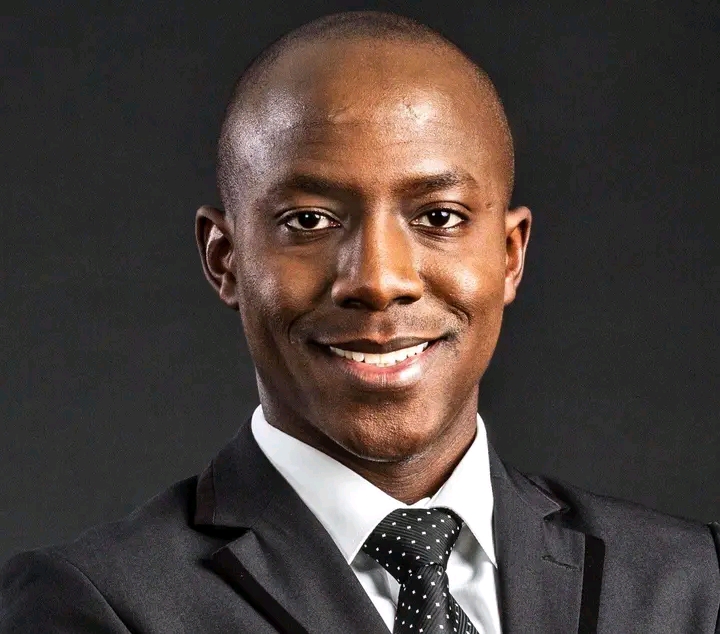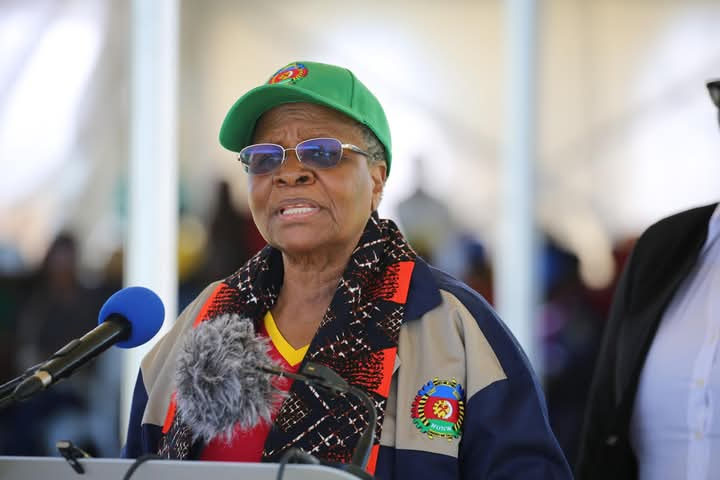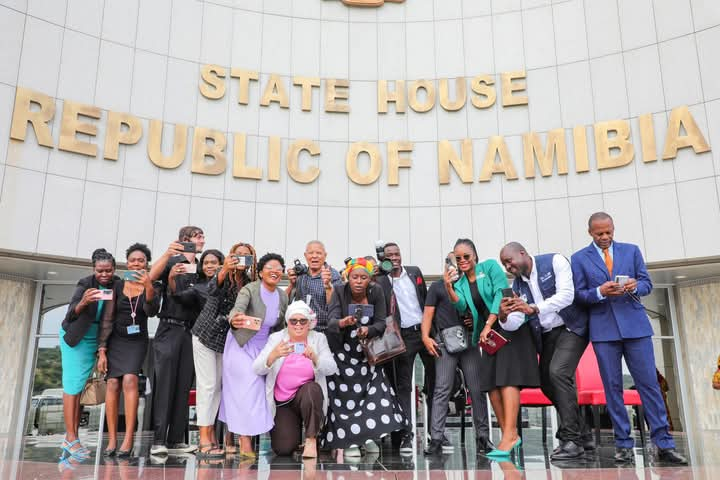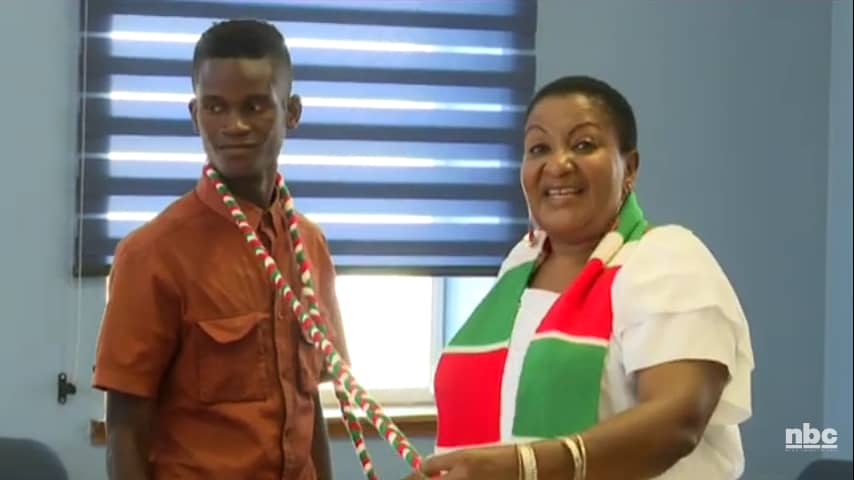KUDOS must go to the only two prominent, brave and outspoken voices on the deteriorating situation in Zimbabwe, including a violent crackdown on opposition and human rights workers, namely Archbishop Desmond Tutu of South Africa and President Levy Mwanawasa of Zambia.
Not only have the two leaders spoken out where others wavered, they will have done so knowing that there would be those who would be quick to try and shoot them down with tired, outworn and reactionary slogans. Tutu lambasted the South African government for its silence about the brutal treatment of democracy activists in Zimbabwe, adding “we Africans should hang our heads in shame” because there was hardly concern, let alone condemnation, from leaders in Africa about the situation there.Tutu, undoubtedly always a voice of conscience, said: “What more has to happen before we who are leaders, religious and political, of our mother Africa, are moved enough to cry out ‘enough is enough’”.He was followed, this week, by President Mwanawasa of Zambia, who bravely called for a ‘new approach’ on Zimbabwe when he spoke at a state banquet in his honour in Windhoek.Comparing Zimbabwe to a “sinking Titanic”, Mwanawasa said: “If all SADC member states have a common destiny, they must all surely rise and lend a helping hand when one of them should run into serious difficulties”.While the Zambian head of state’s statement was not as strongly worded as that of the Archbishop, he nevertheless went a lot further than most of his fellow southern African heads of state, whose silence has not only been deafening, but embarrassing as well.Namibia’s Information Minister, Netumbo Nandi-Ndaitwah, this week said that while “Namibia has never and will never condone violence”, the Government believed that “President Robert Mugabe and the people of that country have the capacity and the will to solve its own domestic problems without the interference of other countries”.She was also “encouraged” to hear that the Zimbabwean Ambassador to Namibia was “investigating” the “cause” of the violence.Surely it stands to reason that if Namibia does not condone violence, as the Minister alleged, then it would condemn it? Yet this has not happened.It is obvious that the latest crackdown on opposition and democracy activists in Zimbabwe is more than ample proof that that country cannot in fact solve its own problems.Mugabe clearly will not be influenced by the opinions and condemnation by foreign, particularly Western nations.He has already told critics to “go hang” and has threatened to evict several European ambassadors from his country.Other SADC countries, in particular, have not only an obligation, but a duty to speak out, even if Mugabe does not heed their words either.Those who have spoken on the issue, apart from Tutu and Mwanawasa, have been obvious apologists for the Zimbabwe regime.So-called “quiet diplomatists” include the Chairman of the African Union, Ghanaian President John Kufuor, who could only say he found the situation in Zimbabwe “embarrassing”, which is simply unacceptable coming from the head of this continental body.Whatever the stance Africans may take on the Zimbabwe crisis, and even if they erroneously believe that sanctions, and not Mugabe himself, are to blame for the deteriorating economic decline in that country, it is absolutely clear that the rampant human rights violations have absolutely nothing to do with the West, imperialists, or sanctions for that matter.The Zimbabwean head of state is most clearly responsible and must be held accountable for the violation of the rights and dignity of his own people.If the appeals of much of civil society in many SADC countries fall on deaf ears as far as their governments and heads of state are concerned, then one wonders at their commitment to upholding and maintenance of human rights in general, but in their respective countries as well.The Tutus and the Mwanawasas deserve to be commended for at least having the courage to swim against the current and raise their voices in protest.We can only hope that SADC heads of state see fit to follow suit and end their current practice of appeasing an ageing dictator because of old liberation ties.Tutu lambasted the South African government for its silence about the brutal treatment of democracy activists in Zimbabwe, adding “we Africans should hang our heads in shame” because there was hardly concern, let alone condemnation, from leaders in Africa about the situation there.Tutu, undoubtedly always a voice of conscience, said: “What more has to happen before we who are leaders, religious and political, of our mother Africa, are moved enough to cry out ‘enough is enough’”.He was followed, this week, by President Mwanawasa of Zambia, who bravely called for a ‘new approach’ on Zimbabwe when he spoke at a state banquet in his honour in Windhoek.Comparing Zimbabwe to a “sinking Titanic”, Mwanawasa said: “If all SADC member states have a common destiny, they must all surely rise and lend a helping hand when one of them should run into serious difficulties”.While the Zambian head of state’s statement was not as strongly worded as that of the Archbishop, he nevertheless went a lot further than most of his fellow southern African heads of state, whose silence has not only been deafening, but embarrassing as well.Namibia’s Information Minister, Netumbo Nandi-Ndaitwah, this week said that while “Namibia has never and will never condone violence”, the Government believed that “President Robert Mugabe and the people of that country have the capacity and the will to solve its own domestic problems without the interference of other countries”.She was also “encouraged” to hear that the Zimbabwean Ambassador to Namibia was “investigating” the “cause” of the violence.Surely it stands to reason that if Namibia does not condone violence, as the Minister alleged, then it would condemn it? Yet this has not happened.It is obvious that the latest crackdown on opposition and democracy activists in Zimbabwe is more than ample proof that that country cannot in fact solve its own problems.Mugabe clearly will not be influenced by the opinions and condemnation by foreign, particularly Western nations.He has already told critics to “go hang” and has threatened to evict several European ambassadors from his country.Other SADC countries, in particular, have not only an obligation, but a duty to speak out, even if Mugabe does not heed their words either.Those who have spoken on the issue, apart from Tutu and Mwanawasa, have been obvious apologists for the Zimbabwe regime.So-called “quiet diplomatists” include the Chairman of the African Union, Ghanaian President John Kufuor, who could only say he found the situation in Zimbabwe “embarrassing”, which is simply unacceptable coming from the head of this continental body.Whatever the stance Africans may take on the Zimbabwe crisis, and even if they erroneously believe that sanctions, and not Mugabe himself, are to blame for the deteriorating economic decline in that country, it is absolutely clear that the rampant human rights violations have absolutely nothing to do with the West, imperialists, or sanctions for that matter.The Zimbabwean head of state is most clearly responsible and must be held accountable for the violation of the rights and dignity of his own people.If the appeals of much of civil society in many SADC countries fall on deaf ears as far as their governments and heads of state are concerned, then one wonders at their commitment to upholding and maintenance of human rights in general, but in their respective countries as well.The Tutus and the Mwanawasas deserve to be commended for at least having the courage to swim against the current and raise their voices in protest.We can only hope that SADC heads of state see fit to follow suit and end their current practice of appeasing an ageing dictator because of old liberation ties.
Stay informed with The Namibian – your source for credible journalism. Get in-depth reporting and opinions for
only N$85 a month. Invest in journalism, invest in democracy –
Subscribe Now!










